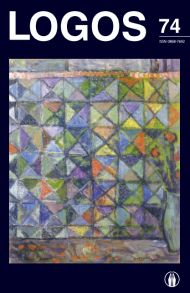Bourdieu Vs. Habermasas: „Mass Media“ Poveikio Viešybei Problema
Bourdieu vs. Habermas: The Problem of the Influence of the „Mass Media“ to the Public Space
Author(s): Ernesta MolotokienėSubject(s): Media studies, Social Philosophy, Pragmatism, Phenomenology, Ontology
Published by: Visuomeninė organizacija »LOGOS«
Keywords: P. Bourdieu; J. Habermas; mass media; public space; social space;
Summary/Abstract: The article deals with the influence of the mass media on public space by a comparison with mass media functioning on social space in the philosophies of Jürgen Habermas and Pierre Bourdieu. One of the main problems analyzed in this article is that of communication as a realization ofan ideal linguistic situation which is focused on consensus. The article argues that the concept of a mediated society for Habermas is inseparable from a mass media that shapes public space. Accordingly, mediated society for Bourdieu is inseparable from the concept of a meta-capital field, which, by involving different capitals acquires a dominant position in today’s society. It is proved that the hegemony of the meta-capital is problematic in relation to other fields that form the social space. The article contains the following question: how does mass media work the public space? The article argues that Habermas and Bourdieu’o recognize the fact that the dominant power and influence of mass media to the public space is a problematic phenomenon because mass media negatively transforms the public space.
Journal: LOGOS - A Journal of Religion, Philosophy, Comparative Cultural Studies and Art
- Issue Year: 2013
- Issue No: 74
- Page Range: 57-71
- Page Count: 15
- Language: Lithuanian

